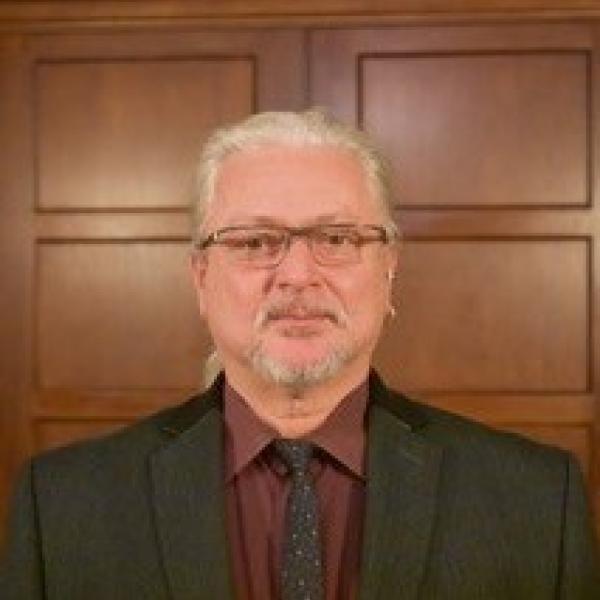Kazak, or Kazakh, is a Central Turkic language spoken natively by 12 million people in the Kazakh Republic, as well as by significant populations in the Xinjiang Uyghur Autonomous Region in China, in Mongolia, in Uzbekistan, Turkey, Russia, Afghanistan, and elsewhere. One of the Turkic languages in which Turkic heroic epics have been sung for centuries, Kazakh preserves many of the features of the ancient Turkic language of Central Asia. A language wherein eloquence, accuracy and precision are very highly prized, Kazakh is known for its lyrical beauty and its extremely rich oral tradition. Traditional Kazakh culture combines elements of the pre-Islamic Turkic way of life, as well as elements of Islam (specifically Sufism), and themes common to Eurasian nomads from the Urals to the Altai mountains and beyond. While the nomadic horse-riding ancestors of the Kazakhs formed the military and political backbone of several successive Turkic states in Central Asia, modern Kazakhstan is a developed, multi-ethnic, resource-rich (especially oil and gas) and technologically-oriented country, with a literacy rate approaching 100%. The language is taught at the Elementary and Intermediate levels at the University of Chicago, while Advanced Kazakh is available on demand. Knowing Kazakh greatly facilitates the acquisition of other related Turkic languages, such as Tatar, Bashkir, Kyrgyz (Kirghiz), or Uzbek.

